People
Organizers

Xi Song
Xi Song is an Associate Professor of Sociology and a faculty member of the Graduate Group in Demography at University of Pennsylvania. Her research interests include social stratification and mobility, social inequality, population studies, and quantitative methodology. Her current research examines social, economic, and demographic processes that govern the persistence of inequality across life stages and generations from the 18th century to the present.
Daniel Hopkins
Daniel J. Hopkins is a Professor in the University of Pennsylvania's Department of Political Science, and he holds a secondary appointment in the Annenberg School for Communication. His research focuses on political behavior, with special emphasis on American politics, voting, racial and ethnic politics, local politics, and research methods. His research has employed a variety of statistical and computational methods to analyze texts. The author of 47 academic articles and the 2018 book The Increasingly United States: How and Why American Political Behavior Nationalized, Hopkins also regularly writes about American politics for the website FiveThirtyEight.com. Professor Hopkins received his Ph.D. from Harvard University in 2007. He subsequently was a post-doctoral fellow at Yale University and an Assistant and then Associate Professor at Georgetown University.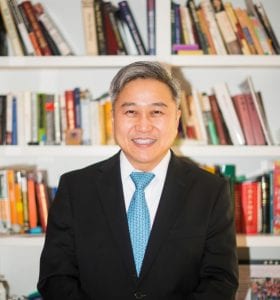
Hanming Fang
Hanming Fang is Joseph M. Cohen Term Professor of Economics at the University of Pennsylvania. He is an applied microeconomist with broad theoretical and empirical interests focusing on public economics, including topics such as discrimination, social insurance, and welfare reform, health insurance markets, and population aging.
Alejandra Regla-Vargas
Alejandra Regla-Vargas is a Ph.D. student in Sociology at the University of Pennsylvania. Her broad research interests include digital culture, race/ethnicity, and online social networks.
Shengchun Huang
Shengchun Huang is a doctoral student at the Annenberg School for Communication at the University of Pennsylvania. She is interested in digital news consumption, algorithm-driven aggregators/platforms, and social effects in the high-choice media environment. She applies a variety of computational methods in research work, including network analysis, Markov chains, word embedding and nlp, etc.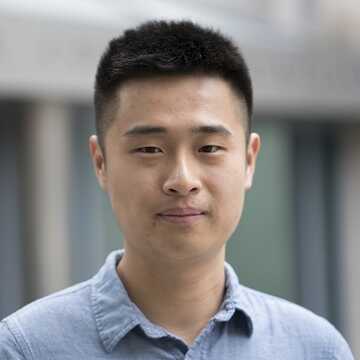
Tian Yang
Tian Yang is a Ph.D. Candidate at the Annenberg School for Communication at the University of Pennsylvania. He is interested in applying methods in computational social science to study political communication across the globe, especially in China and the US. Particularly, he looks at how today’s high-choice media environment influences the public’s information behaviors. His research employs various approaches, including network analysis, online experiments, natural experiments, etc.
Eugenio Paglino
Eugenio is a second-year Ph.D. student in Demography at the University of Pennsylvania. He holds a BSc and a MSc in Economics and Social Sciences from Bocconi University. Before becoming a PhD candidate, he worked as a research assistant at the Netherlands Interdisciplinary Demographic Institute and the Dondena Center for Research on Social Dynamics and Public Policy. His broad research interests include the interactions between population and the environment, migration, the computational social sciences, and inequality. He loves visualizing data and is interested in studying ways in which data visualization can help researchers to communicate more clearly and to reach a wider audience.Guest Speakers
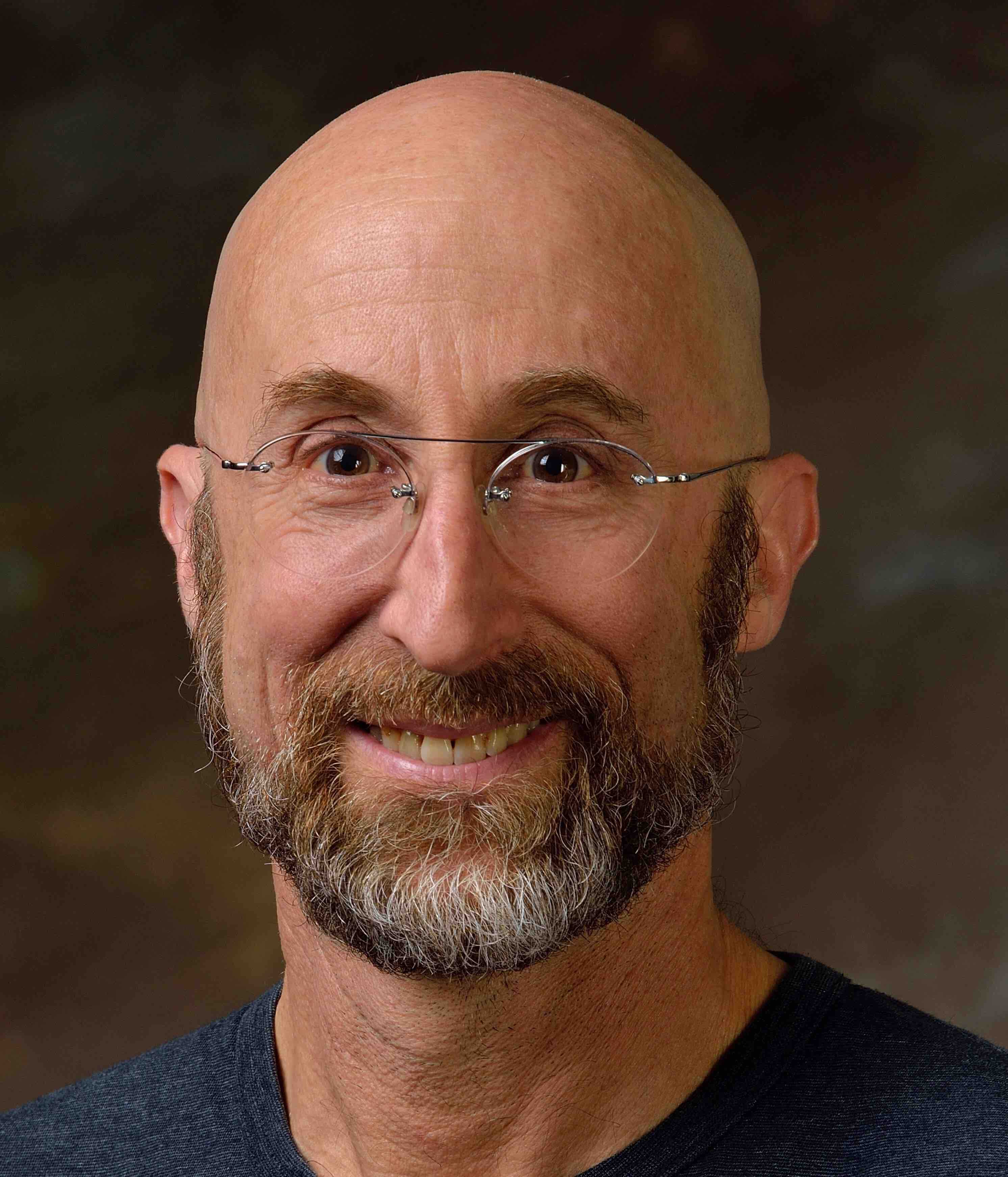
Lyle Ungar
Lyle H. Ungar is a machine learning researcher and professor of Computer and Information Science at the University of Pennsylvania. He is also affiliated with the psychology department at the university. His research group develops scalable machine learning and text mining methods for use in natural language processing, psychology, and medical research. Projects ranged from crowd-sourced decision making to mining social media to better understand connections between mental and physical well-being.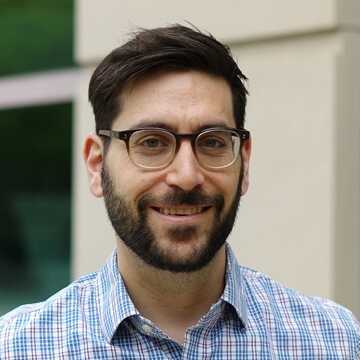
Yphtach Lelkes
Yphtach (Yph) Lelkes is an Associate Professor at the Annenberg School for Communication. He studies the structure, dynamics, and causes of political attitudes, with a particular emphasis in polarization and American politics. His work lies at the intersection of public opinion, political psychology, and political communication.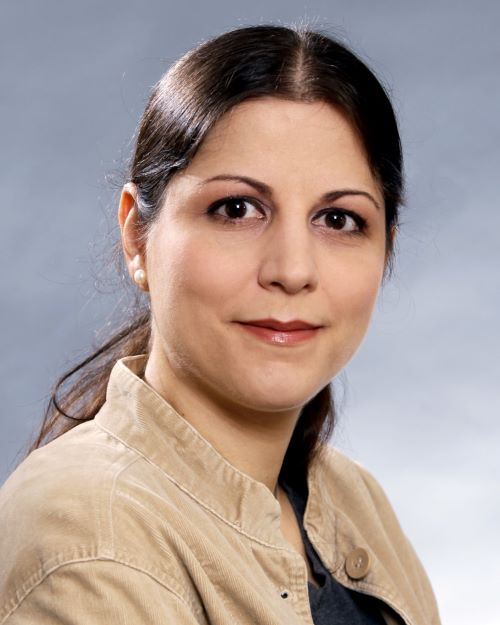
Katherine Ognyanova
Katherine (Katya) Ognyanova studies the effects of social influence on civic and political behavior, confidence in institutions, information exposure/evaluation, and public opinion formation. Her methodological expertise is in computational social science, network science, and survey research. Her recent work examines the links between misinformation exposure and political trust. Ognyanova is one of the founders and a principal investigator for The COVID States Project – a large multi-university initiative exploring the social and political implications of the COVID-19 pandemic.
Brandon Stewart
Brandon Stewart is an Assistant Professor in the Department of Sociology and is also affiliated with the Department of Politics and the Office of Population Research. He develops new quantitative statistical methods for applications across the social sciences. Methodologically his focus is in tools which facilitate automated text analysis and model complex heterogeneity in regression. Many recent applications of these methods have centered on using large corpora of text to better understand propaganda in contemporary China.
Junming Huang
Junming Huang is an Associate Research Scientist at the Paul and Marcia Wythes Center on Contemporary China, Princeton University. His research interests lie in causal inference, science of science, statistics analysis and social networks.
Emilio Zagheni
Emilio Zagheni is Executive Director of the Max Planck Institute for Demographic Research (MPIDR) and Affiliate Associate Professor of Sociology at the University of Washington, where he served as Training Director of the Center for Studies in Demography and Ecology. He received his Ph.D. in Demography (2010) and M.A. in Statistics (2008) from U.C. Berkeley. Zagheni is best known for his work on combining digital trace data and traditional sources to track and understand migrations and to advance population science. In 2016 he received the Trailblazer Award for Demographic Analysis from the European Association for Population Studies for his role in developing the field of Digital and Computational Demography. As co-chair of the Digital Demography Panel of the International Union for the Scientific Study of Population, he has played a key role in favoring collaboration and exchange between demographers, statisticians and computational social scientists.
Will Wang
Will Wang is a Principal Researcher in the Office of the Chief Economist at Microsoft Research. He is also a Visiting Scholar in the Marketing Department at the Wharton School at the University of Pennsylvania. His research interests are in Industrial Organization and Applied Microeconomics. Recently my research has focused on the economics of cloud computing and empirical market design.More coming soon...
Teaching Assistants

Tian Yang
Tian Yang is a Ph.D. Candidate at the Annenberg School for Communication at the University of Pennsylvania. He is interested in applying methods in computational social science to study political communication across the globe, especially in China and the US. Particularly, he looks at how today’s high-choice media environment influences the public’s information behaviors. His research employs various approaches, including network analysis, online experiments, natural experiments, etc.
Alejandra Regla-Vargas
Alejandra Regla-Vargas is a Ph.D. student in Sociology at the University of Pennsylvania. Her broad research interests include digital culture, race/ethnicity, and online social networks.
Shengchun Huang
Shengchun Huang is a doctoral student at the Annenberg School for Communication at the University of Pennsylvania. She is interested in digital news consumption, algorithm-driven aggregators/platforms, and social effects in the high-choice media environment. She applies a variety of computational methods in research work, including network analysis, Markov chains, word embedding and nlp, etc.
Eugenio Paglino
Eugenio is a second-year Ph.D. student in Demography at the University of Pennsylvania. He holds a BSc and a MSc in Economics and Social Sciences from Bocconi University. Before becoming a PhD candidate, he worked as a research assistant at the Netherlands Interdisciplinary Demographic Institute and the Dondena Center for Research on Social Dynamics and Public Policy. His broad research interests include the interactions between population and the environment, migration, the computational social sciences, and inequality. He loves visualizing data and is interested in studying ways in which data visualization can help researchers to communicate more clearly and to reach a wider audience.Participants

Benjamin Manning
I am a researcher at the University of Pennsylvania working in the computational social sciences. My (aspiring) research interests are 1) improving methods to answer social science questions using the tools of statistics and machine learning, 2) social networks and information economics. I will be enrolling at MIT in the fall of 2022 to pursue my PhD with the Information Technology group at Sloan.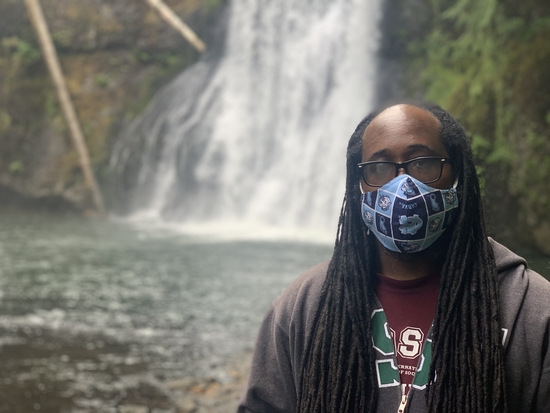
Jamaal Green
I am a postdoc interested in the ways that our built environment shapes social and economic inequality and figuring out ways to apply spatial analogies to explore these problems.
Nicolas Choquette-Levy
Nic Choquette-Levy (he/him) is a PhD candidate in Public Policy and International Affairs at Princeton University. Nic's PhD research integrates agent-based modelling, game theory, and survey methods to assess the impacts of potential policy interventions, including weather-based crop insurance and cash transfers, on farmer climate adaptation outcomes in South Asia. At SICCS Penn, he is keen to learn more about network analysis and techniques for wrangling big datasets, particularly regarding global flows of remittances from international migrants. Nic is originally from Montreal, Canada, and obtained undergraduate degrees in biomedical engineering and international relations at the University of Southern California, and a Master's degree in Energy and Environmental Systems at the University of Calgary.
Kadija Ferryman
Kadija Ferryman is a medical anthropologist who studies racial health equity in digital health technologies. Dr. Ferryman is Core Faculty at the Berman Institute of Bioethics and Assistant Professor in the Department of Health Policy and Management at the Johns Hopkins Bloomberg School of Public Health. Ferryman began her professional career over 20 years ago as a policy researcher at the Urban Institute in Washington, DC. Dr. Ferryman received her BA in anthropology from Yale University and her PhD in anthropology from the New School for Social Research. She has published research in journals such as Journal of the American Informatics Association, Health Care for the Poor and Underserved, and Genetics in Medicine.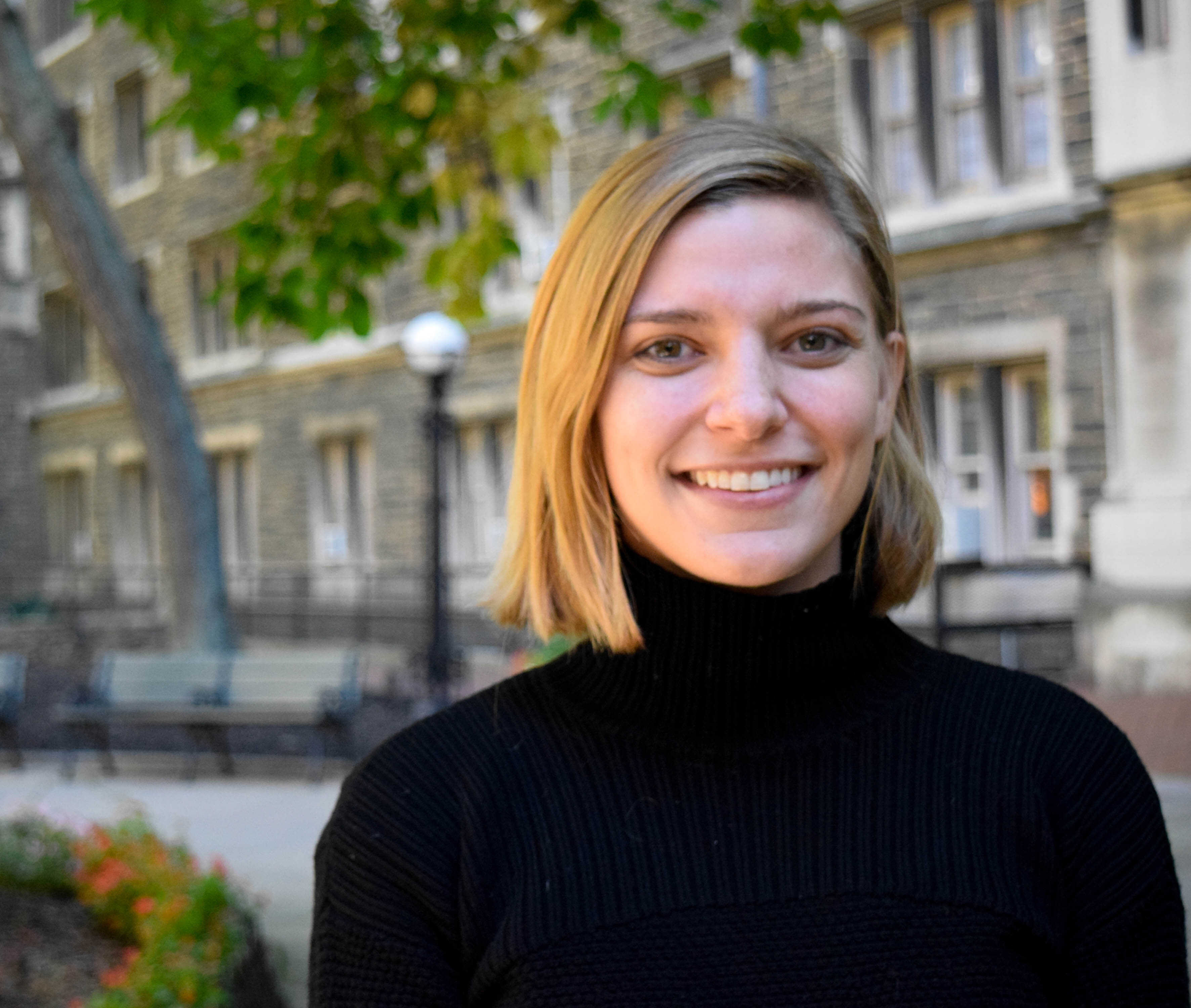
Bonnie Siegler
Bonnie is a PhD student in sociology at Columbia University in New York City. She is interested in the relationship between culture, inequality and organizations, focusing on K-12 schools. She analyzes how stakeholders in schools - administrators, teachers, parents, etc. - make meaning out of and understand their experiences in light of educational inequality and segregation. As cases, she has focused on school choice and school policies on teaching about race/racism. Her research uses a variety of methods including survey experiments, interviews, and computational text analysis.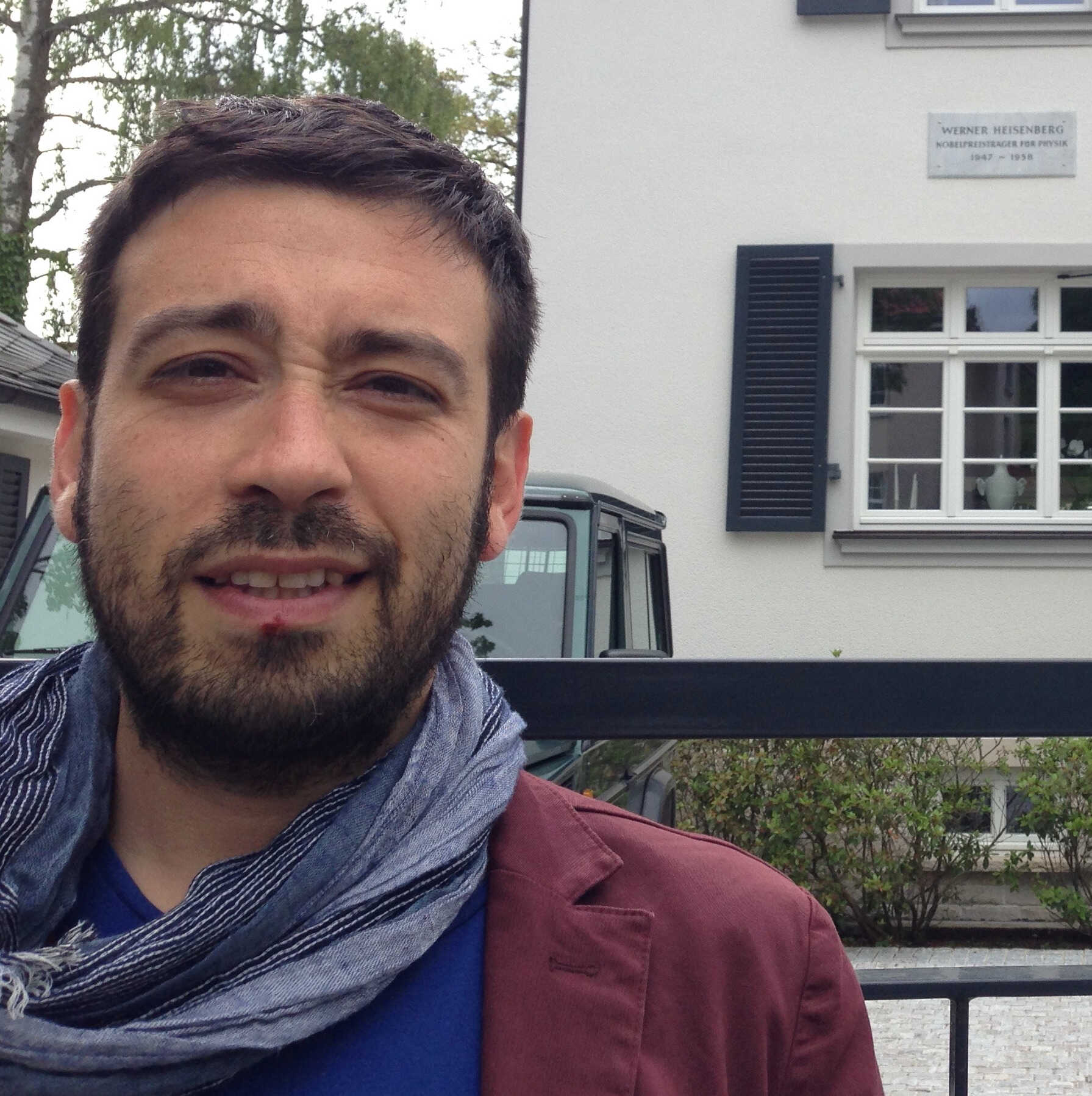
Mauricio Bucca
I’m an Assistant Professor in Sociology at the Universidad Católica de Chile. Previously, I was a Max Weber Postdoctoral Fellow at the European University Institute and earned a Ph.D. in Sociology at Cornell University. I study labor market inequalities, intergenerational mobility and beliefs about inequality using a combination of statistical modeling, empirical strategies for causal inference, experimental and computational methods.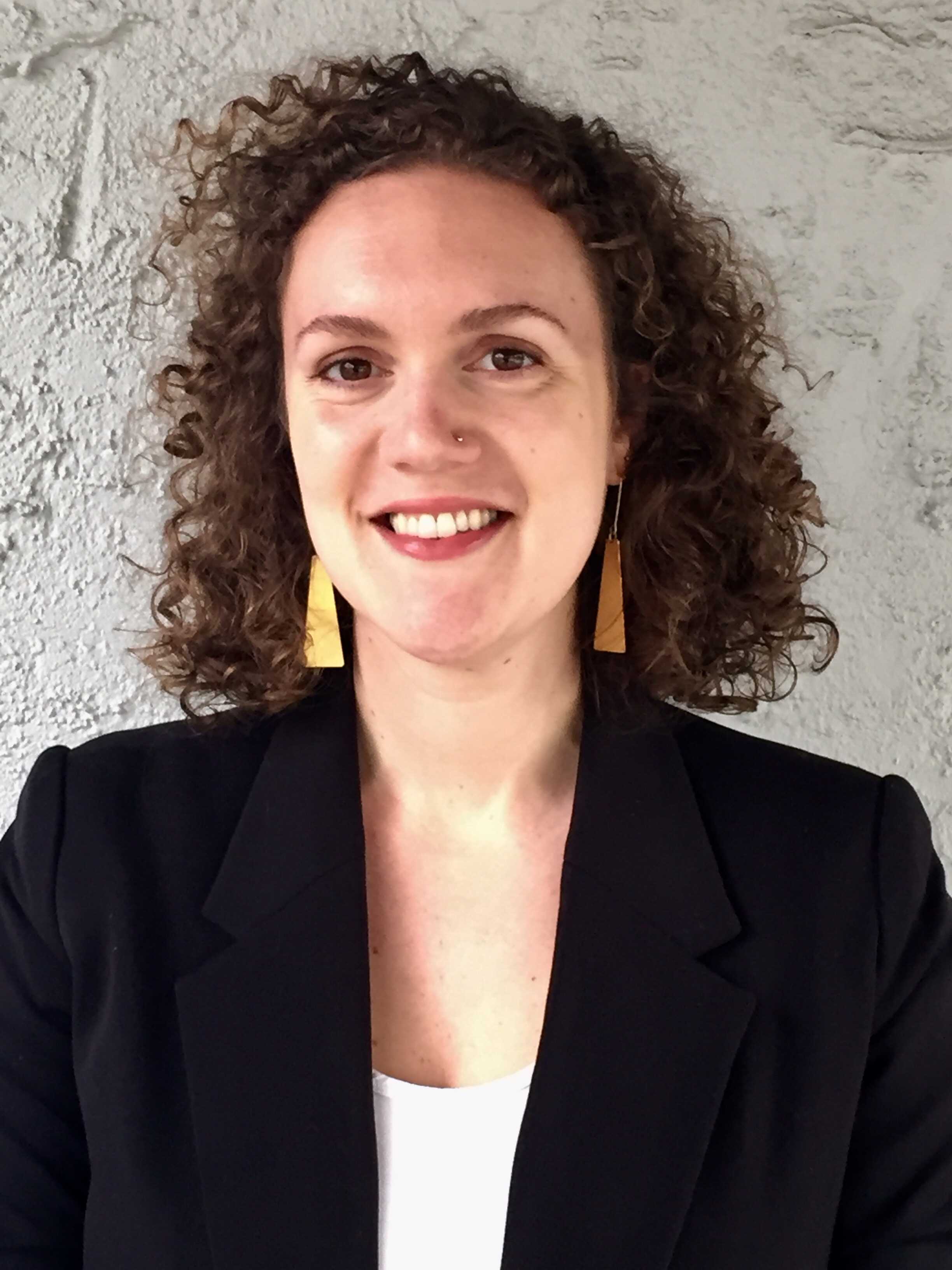
Abigail Dym
Abigail Dym is a joint-PhD candidate in political science and education policy at UPenn, where she studies political behavior related to civic education, political knowledge and engagement, learning, and public policy. She is committed to leveraging diverse research methodologies to answer questions and promote processes related to democratic governance, particularly for young people.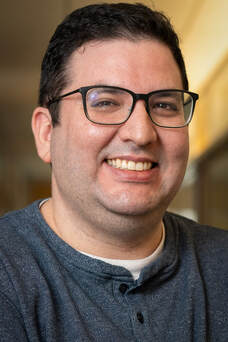
Michael Cohen
I am a postdoctoral researcher in the psychology department at UPenn. My primary interest is in understanding the psychological and brain mechanisms that underlie the persistence of misinformation in affecting decisions after a factual correction, a phenomenon known as the Continued Influence Effect. Prior to moving to this line of research (in my PhD at UCLA and a previous postdoc at Northwestern), I focused on how reward and strategies affect learning. I also have an interest in aging-related changes to cognition, and my work at Penn has included a collaboration with the neurologists at Penn Memory Center. I am interested in learning how to apply textual analysis methods to the constructed mock social media stimuli that we created for my current project, and also to learn how computational social science methods can be used to understand the spread of misinformation on real social media platforms.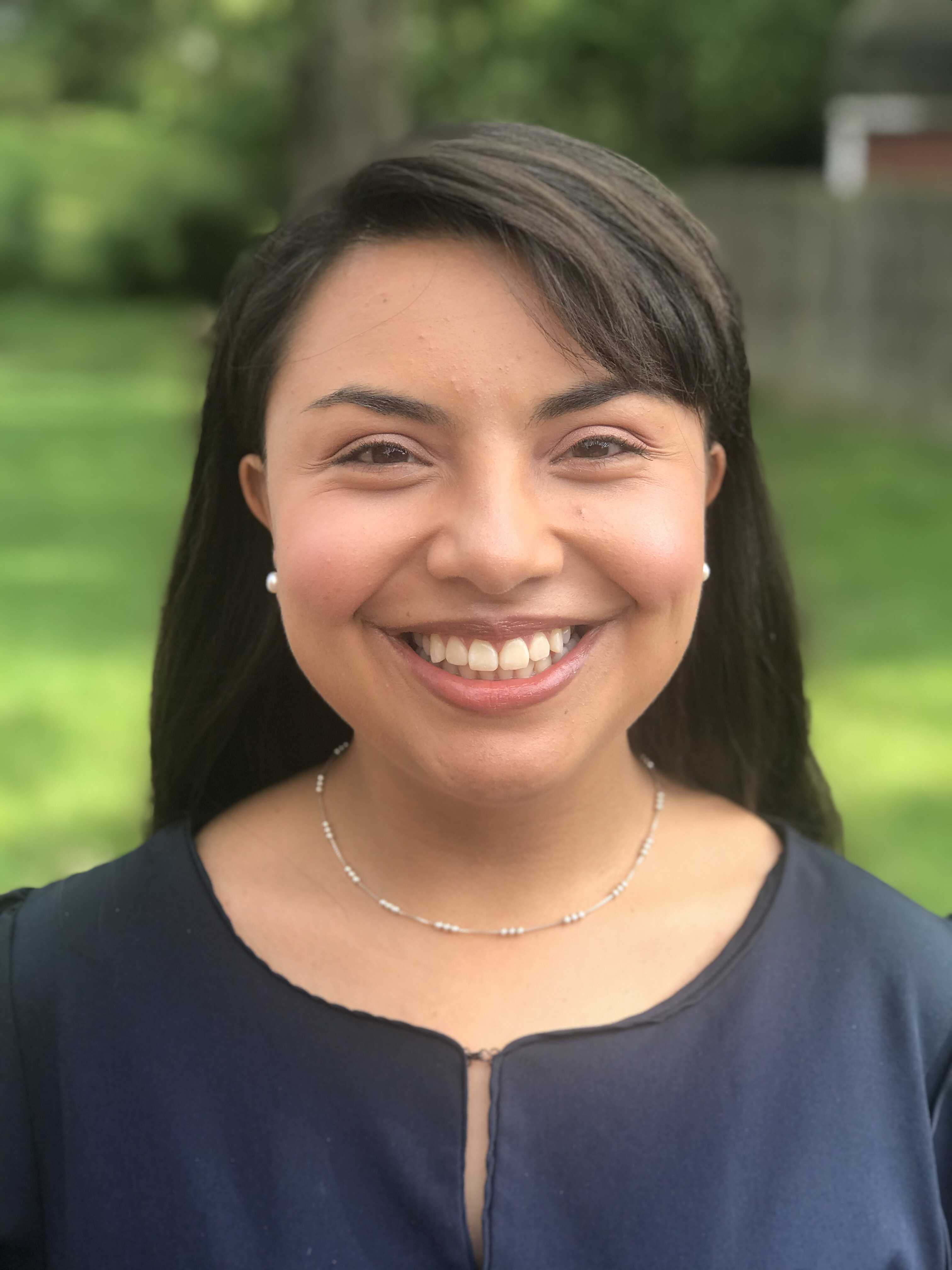
Daniela (Ela) Castellanos-Reyes
Daniela (Ela) Castellanos-Reyes is a Ph.D. Candidate in Learning Design and Technology at Purdue University. Proudly raised by a single mother, Ela approaches her research with the belief that online and distance learning improve women's lives. She is an educational researcher within the fields of instructional design and educational data mining. Her research focuses on supporting online learners' social presence through network analysis. Specifically, Ela is interested in how peer-influence shapes learning communities in online learning environments. Her recent work examines the relationship between student retention and social media affordances (e.g., like buttons) in Massive Open Online Courses. Ela's methodological expertise includes network analysis, survey research, and hierarchical linear models. Her work has been published in Computers in Human Behavior, the Journal of Computing in Higher Education, and TechTrends. Ela's work has been supported by the International Peace Scholarship awarded by Philanthropic Educational Organization (P.E.O.) and the Frank DeBruicker Graduate Award in Educational Technology. Prior to her doctoral studies, Ela earned her B.A. in English Philology and English Education from the Universidad Nacional de Colombia and a master’s degree in Learning Design and Technology at Purdue University. Outside research, Ela enjoys attending church, re-reading Harry Potter, and dancing in the kitchen with her husband.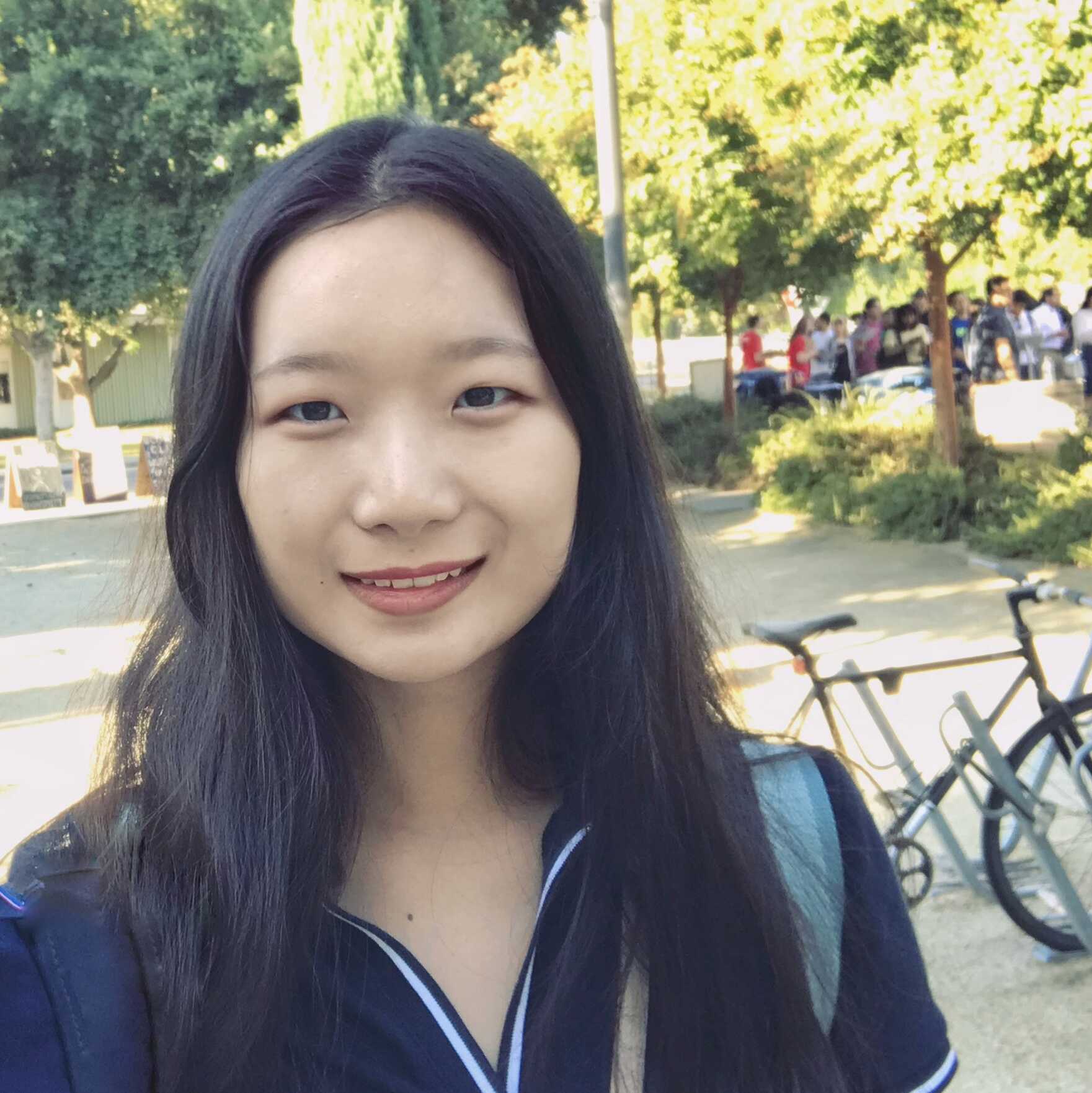
Haoning Xue
Haoning is a PhD candidate in Communication at University of California Davis. Her research focuses on the spread and effects of health misinformation and correction online with both computational and experimental methods.
Garumma Feyissa
I am Garumma Feyissa. Currently, I am a postdoctoral researcher at Drexel University, School of Public Health. I hope that the training will help me to build computational skills and skills of web scraping. I am planning to apply these skills to understand perceptions of the community about health problems and policy perspectives on these problems. I aim to build skills in utilizing electronic medical records and social media. Further, I look forward to meet and collaborate with others with similar interests.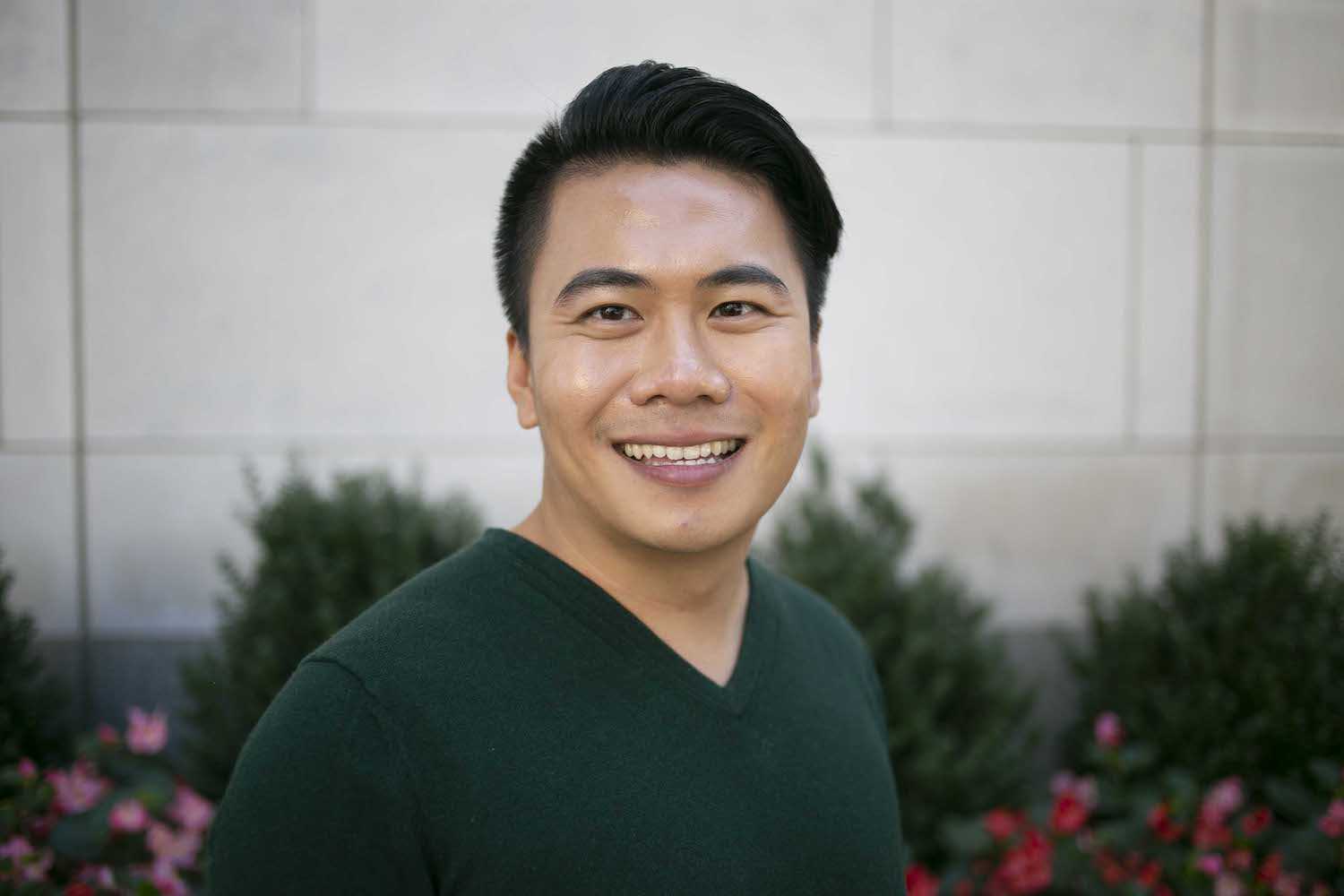
Shawn Chiang
Shawn Chiang is a PhD candidate in Health Behavior and Health Promotion and a doctoral fellow with the Center for Public Health and Technology at the University of Arkansas. His research focuses on the uses of new communication technologies to influence health behaviors and to reduce health disparities. His dissertation focuses on understanding the use of social media in health interventions and how engagement is operationalized to understand impact of social media on health behavior. You can learn more about his work at https://shawnchiang.com/.
Mehak Sachdeva
Mehak Sachdeva is a PhD candidate in computational spatial science within the Spatial Analysis Research Center at Arizona State University. Her research interests are in creating and testing statistical tools for urban spatial analysis with a focus on understanding and incorporating the spatial scale of processes in local modeling.
Xinyi Zhou
Xinyi Zhou is a Ph.D. candidate in Computer and Information Science at Syracuse University. Her research broadly spans (applied) machine learning, natural language processing, and computational social science. Currently, her research focuses on leveraging large-scale multimodal and behavioral data, psychological theories, and AI techniques to understand, predict, and mitigate mis/disinformation online. Her work on mis/disinformation has been published in, e.g., ACM Computing Surveys and The Web Conference.
Muhammad Haroon
I'm a PhD student in Computer Science at the University of California, Davis where I'm advised by Professor Zubair Shafiq. My research interests involve the privacy and fairness aspects of AI in online systems.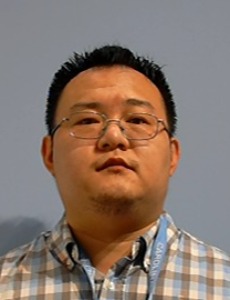
Xijing Li
2nd Year Ph.D. student in UNC-CH city and regional planning; Mphil in CUHK department of geography (research oriented); Bsc in Urban planning, PKU.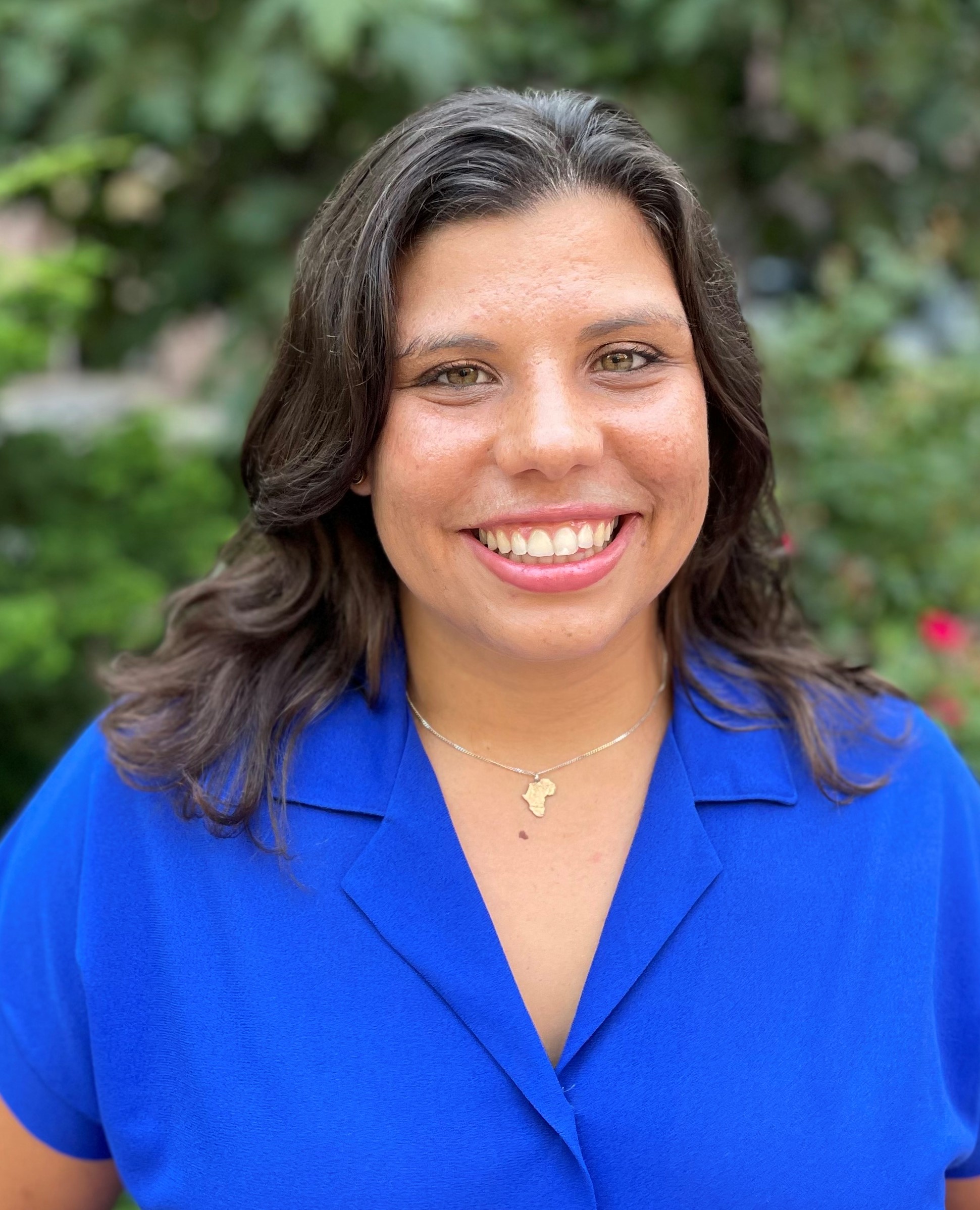
Rehana Odendaal
Rehana Thembeka Odendaal is a joint PhD student in Education, Culture and Society and Sociology at the University of Pennsylvania. She earned her MA in Historical Studies and BSocSci at the University of Cape Town, with a particular interest in oral historeis and public institutions. Rehana's current work with Dr Krystal Strong's African Youth Leadership Study draws on her experience as a youth educator and organizer, and her PhD research hopes to understand the role that transnational education plays in shaping African political and economic development. Trained as a qualitative researcher, Rehana is excited about the opportunities that commutational socail science holds for expanding the scope of qualitative research.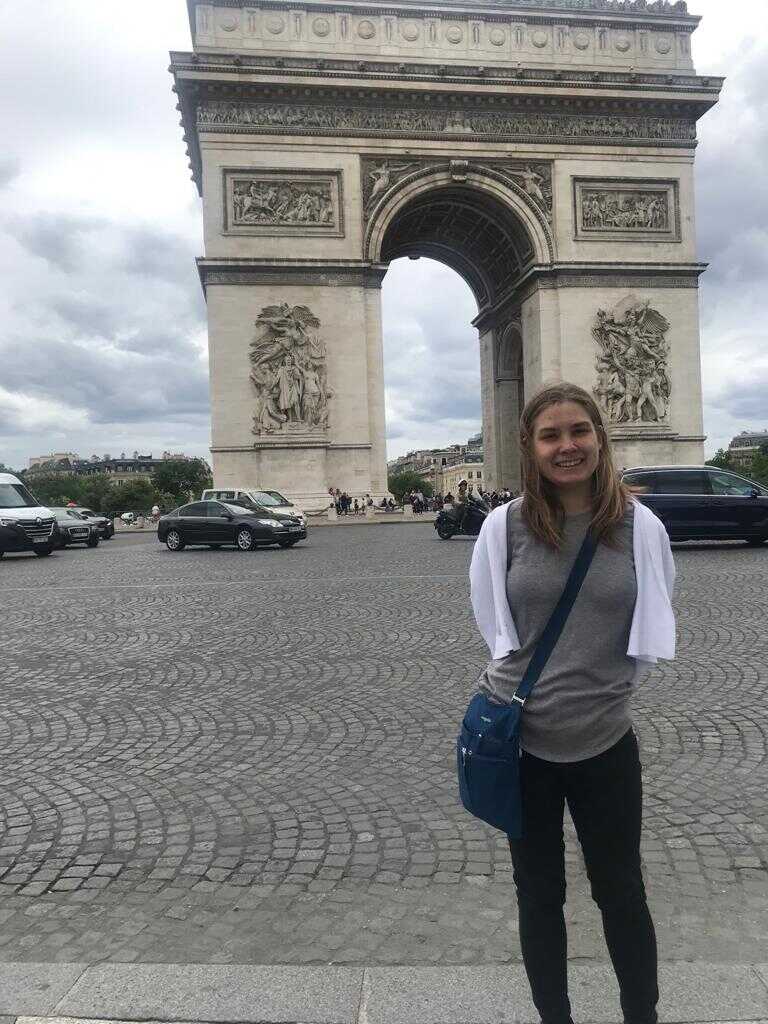
Julia Cope
Julia Cope is a PhD student at the Annenberg School for Communication at the University of Pennsylvania. The motivation for her research is to investigate how people communicate and engage with information through different mediums, especially in times of crisis. She is interested in the application of computational methods to investigate patterns in news exposure and news content at scale. She received her B.S. and M.S. in Information Science from the University of Pittsburgh and worked as a data analyst before joining Annenberg.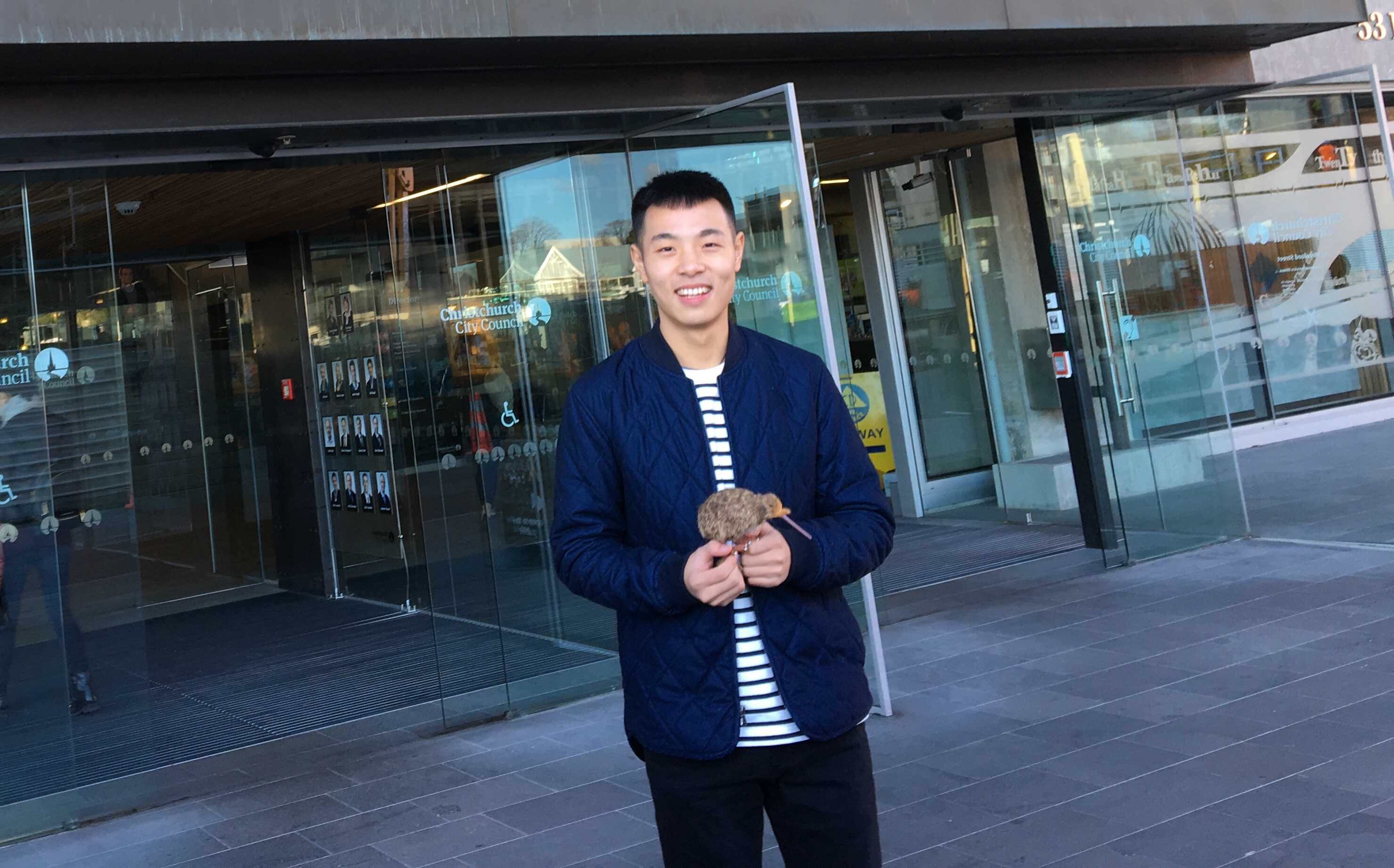
Zening Duan
Zening (‘Ze’) Duan (Mass Communications) is a Ph.D. student in the School of Journalism and Mass Communication at the University of Wisconsin–Madison. His research examines public opinion dynamics, the political and societal effects of emerging media technology, and the applied methods in computational social science. His research works have appeared in Human Communication Research and Politics and the Life Sciences, and he co-authored one chapter in the book Battleground (2022). In 2021, he co-founded COMPutation, an independent, non-profit WeChat-based platform committed to breaking down walls between young scholars, industry partitioners, media, and the public by promoting research resources in computational social science. Ze is also a skiing enthusiast, and he hopes to learn how to fly a propeller plane.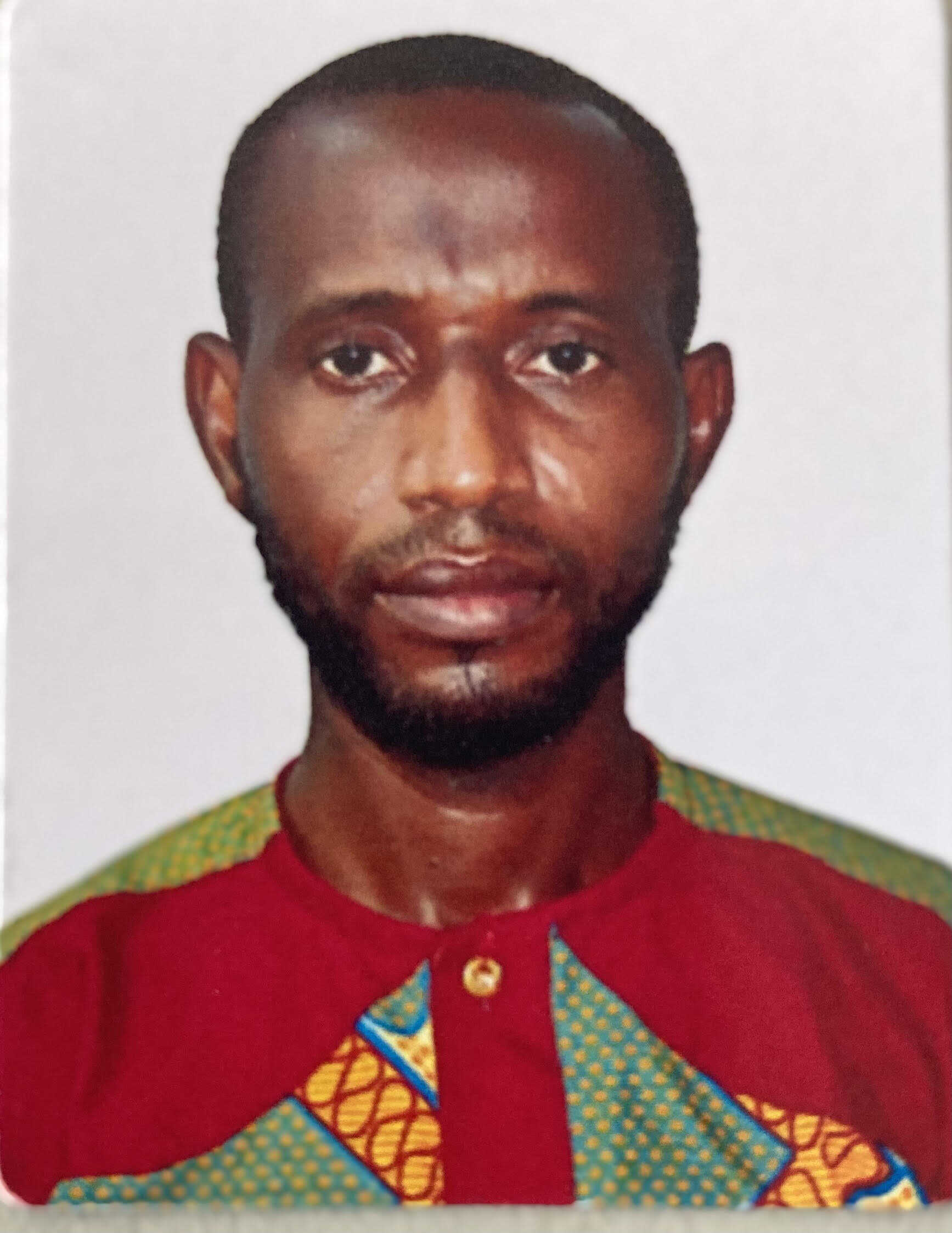
Safianu Omar
I am a PhD student in the department of Information Systems at the University of Cape Town, South Africa. Prior to that I have served as a researcher and lecturer at the Center for business and social informatics at the Islamic university college of Ghana and Akim State College respectively. My research areas are within the domain of ICT4D, social and development informatics and I am currently working on my PhD thesis related to using social media for boosting emergency and disaster communication within the sub-Saharan context.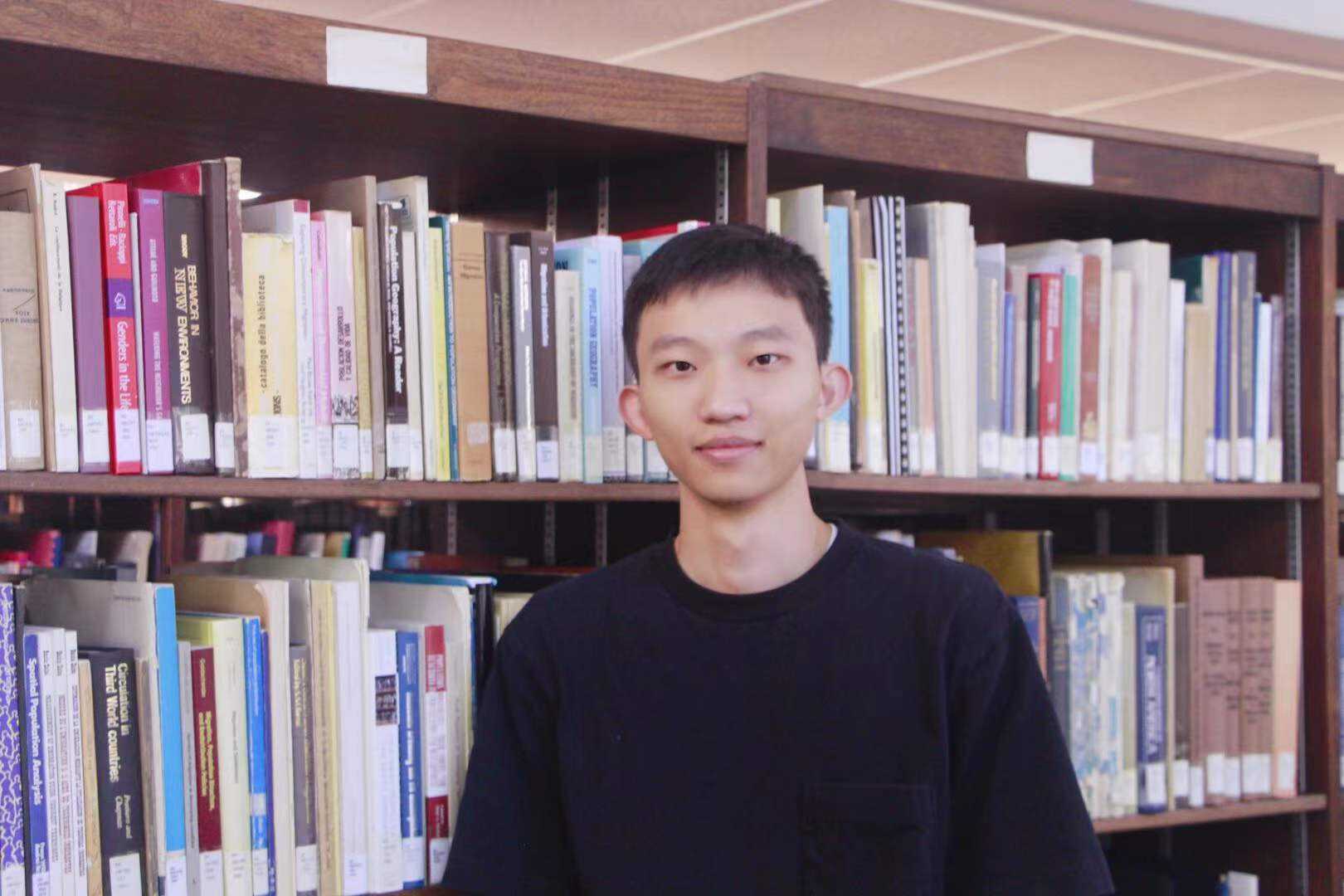
Kai Feng
Kai Feng is a doctoral student in Demography and Sociology at the University of Pennsylvania. He is interested in family demography and social inequality with special attentions to East Asian contexts. In 2022 SICSS at Penn, he wants to learn text analysis and applies it to a dataset about Chinese millennials‘ dating/marriage preferences.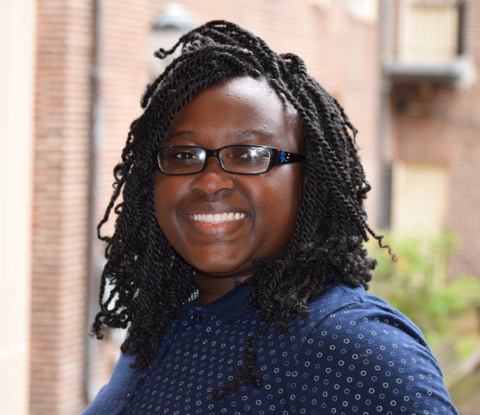
Abiodun Azeez
Abiodun Azeez is pursuing a PhD in sociology at the University of Pennsylvania. Her research interests are in disparities in access to banking products and housing. She is interested in using computational methods to investigate changing perceptions of financial services institutions and homeownership among various demographic groups.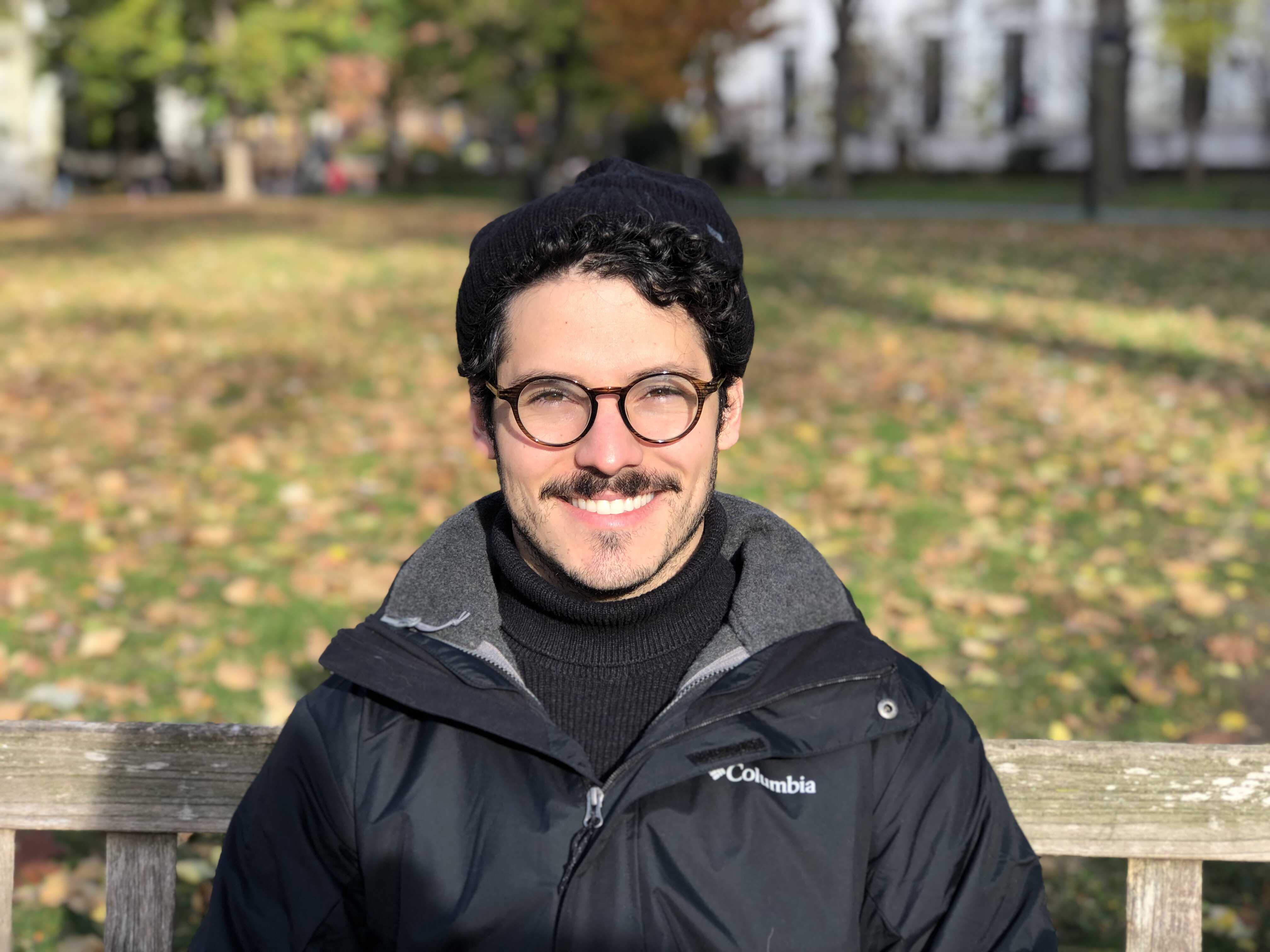
Benjamin Lira
I'm a first-year PhD student at Penn in the Psychology Department. I am working with Dr. Angela Duckworth. As of now, my work has centered on the limitations of questionnaire data (e.g., reference bias), and on potential ways to overcome it (e.g., analysis of natural text in application essays.